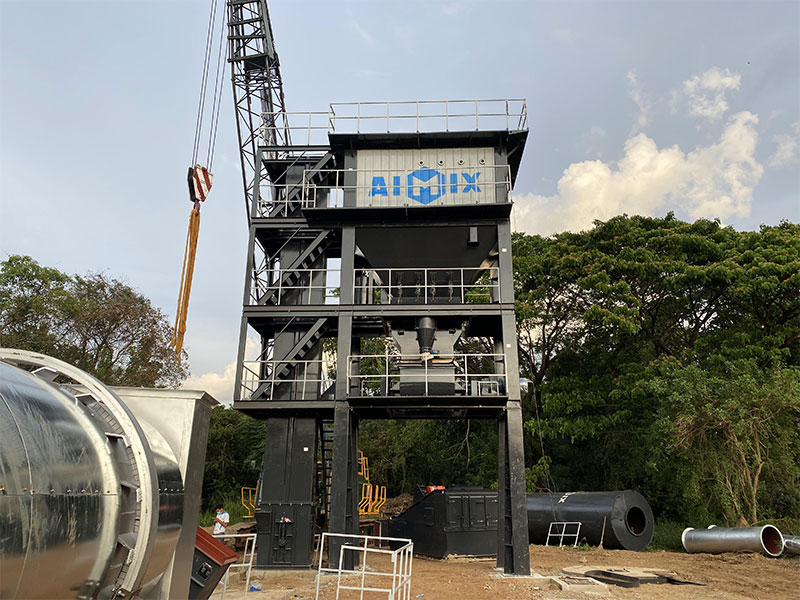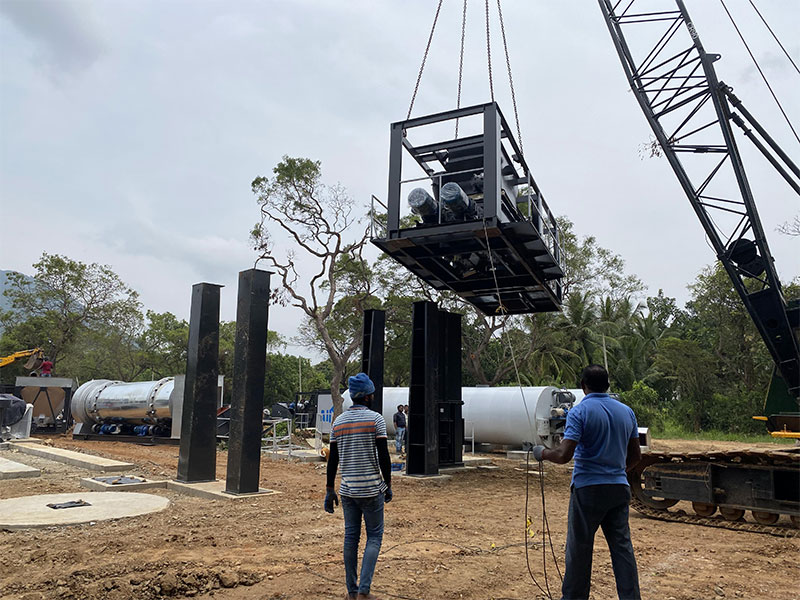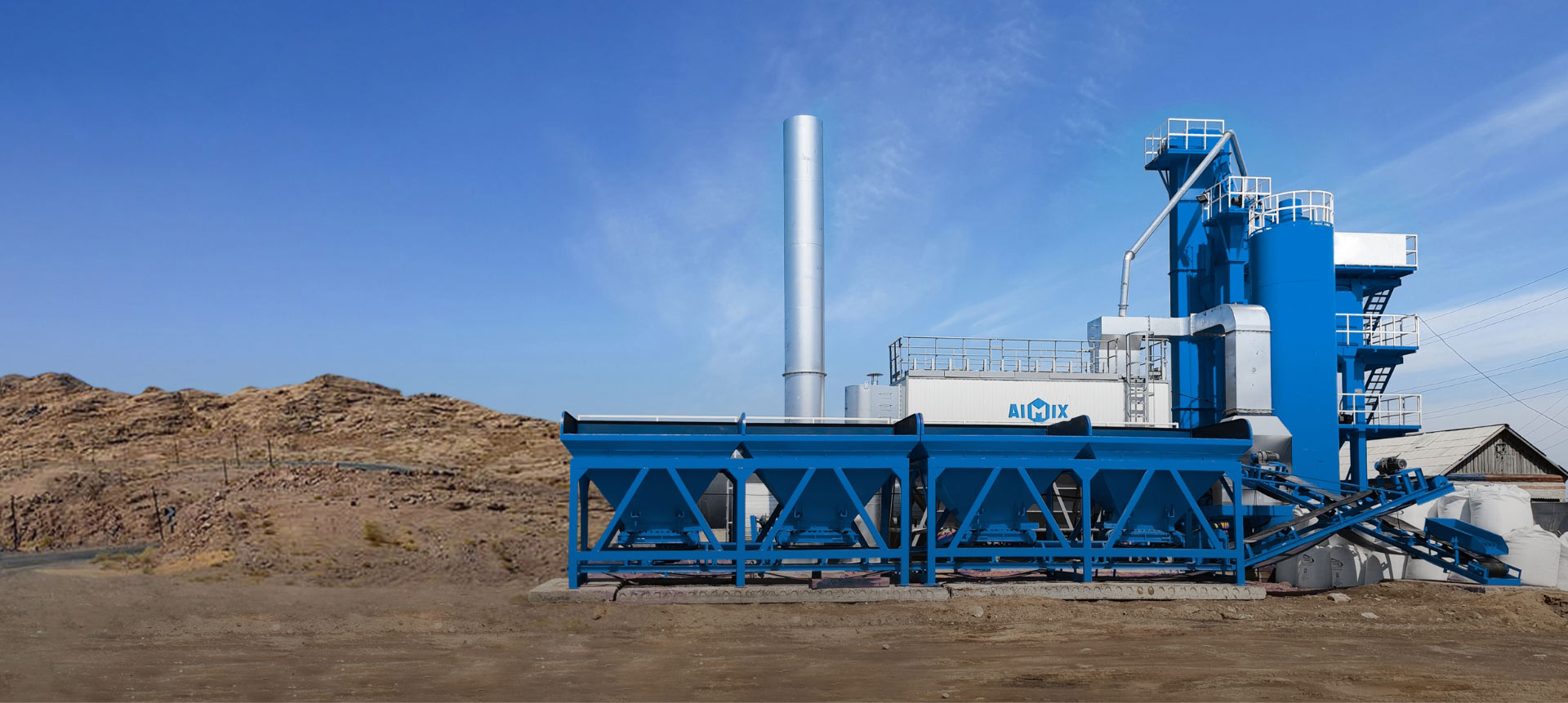When it comes to asphalt production, choosing the right equipment is crucial for the success of any construction project. Stationary asphalt plants have long been a popular choice due to their numerous advantages over mobile alternatives. In this article, we will delve into the key benefits of using stationary asphalt plants, highlighting how they can optimize your project’s efficiency, quality, and overall performance.
From increased production capacity and improved consistency to enhanced cost-effectiveness and environmental friendliness, stationary asphalt plants offer a range of advantages that make them an ideal solution for various construction endeavors.
Enhanced Production Capacity
One of the primary benefits of aspal mixing plant is their impressive production capacity. Designed for large-scale projects, these plants offer higher output rates compared to their mobile counterparts. Stationary plants feature substantial storage silos for raw materials, ensuring a continuous supply of aggregates and bitumen, resulting in uninterrupted production. Their larger mixing units enable faster and more efficient asphalt mixing, allowing for a significant increase in overall production volumes. This capacity boost is especially advantageous for projects with high asphalt demand or tight deadlines, enabling contractors to meet or exceed project milestones.

Improved Consistency and Quality Control
Consistency and quality are paramount in asphalt production. Jual asphalt mixing plant provides greater control over the manufacturing process, resulting in improved consistency and higher-quality asphalt mixtures. The stationary nature of these plants ensures stability during the mixing and production phases, minimizing variations in the final product. This level of control allows for precise adjustments in asphalt composition, ensuring adherence to specific project requirements, including desired mix proportions, temperature, and compactness. Moreover, stationary plants often incorporate advanced automation and computerized systems, enabling real-time monitoring and accurate control of critical parameters. These features facilitate quality control, reduce the likelihood of defects or inconsistencies, and ultimately deliver superior asphalt products.

Cost-Effectiveness and Long-Term Savings
Stationary asphalt plants offer cost-effectiveness and long-term savings for construction projects. While the initial investment may be higher than that of aspal mixing plant mobile, the economies of scale and increased production capacity make them more cost-efficient in the long run. The higher output rates of stationary plants result in reduced production costs per unit of asphalt produced. Additionally, these plants can be tailored to suit specific project requirements, minimizing waste and optimizing resource utilization. Furthermore, the robust construction and durability of stationary plants contribute to their extended lifespan, reducing maintenance and replacement costs over time. By focusing on long-term cost-effectiveness, contractors can make smart choices that lead to significant savings throughout the life cycle of the project.
Environmental Friendliness
In today’s environmentally conscious world, sustainability is a top priority for construction projects. Stationary asphalt plants offer several environmental benefits, making them an eco-friendly choice. These plants often incorporate advanced emission control systems, such as baghouses, to capture and filter out harmful pollutants released during the production process. As a result, they help minimize air pollution and ensure compliance with stringent environmental regulations. Moreover, stationary plants can utilize recycled asphalt pavement (RAP) in the mix, reducing the consumption of natural resources and lowering carbon footprints. The ability to incorporate RAP not only conserves materials but also reduces waste and disposal costs. By opting for a stationary asphalt plant, construction projects can demonstrate their commitment to sustainability while achieving their production goals.
Conclusion
When it comes to asphalt production, choosing a stationary asphalt plant from Aimix Indonesia for your construction project can provide a multitude of benefits. The enhanced production capacity, improved consistency and quality control, cost-effectiveness, and environmental friendliness offered by stationary plants make them an ideal choice for large-scale endeavors. By investing in a stationary asphalt plant, contractors can optimize their project
